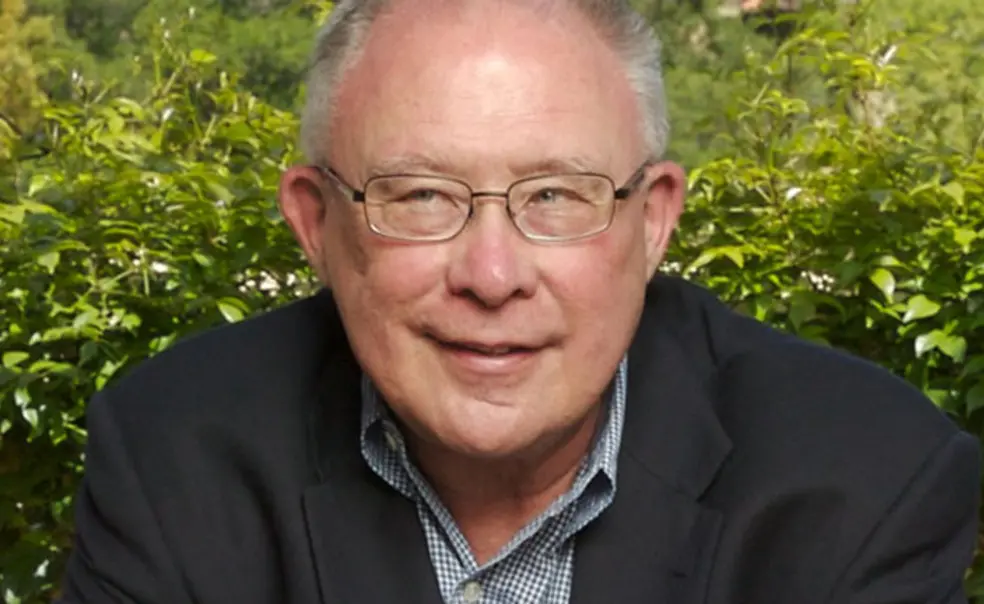Comparative Literature at Stanford Grew With Professor John Bender ’62
‘Princeton changed my life in countless ways,’ Bender says
John Bender ’62 recalls the day in 1966 when he told an advisor at Cornell he had an offer to teach English at Stanford University.
“Wow, Stanford,” the advisor said. On Fridays, the advisor continued, “half of them get in their Maseratis and go to the beach, and the other half get into their Ferraris and go skiing.” Bender laughs now at the memory.
He went to California anyway. And if that advisor was right about Stanford being a “party school,” he wasn’t for long. Stanford was transitioning into an international academic powerhouse — and Bender was among the professors who made it happen.
Among his contributions, he co-founded the university’s Department of Comparative Literature and served as chairman three times. “I’m very proud of that. It allowed literature to be studied at Stanford in more varied ways than before,” says Bender, who retired this summer. The department is now among the top three or four in the world, with 20 faculty members.
He also served as director of the Stanford Humanities Center and raised $3.5 million for graduate student and faculty workshops — no easy feat in the humanities.
John was a force at Stanford during the 80s and 90s, writes his nephew, Brad Williams ’90. “John embodies many of the best values of Princeton, most notably a commitment to scholarship and excellence in his field.”
Bender was the first in his family to go to college — “‘first-gen’ before the term became popular,” Williams writes. He attended a large, public downtown high school in Tulsa, Oklahoma, and never went east of the Mississippi until he took a Greyhound bus to Princeton in 1958, arriving alone with his typewriter on Nassau Street.
“Princeton changed my life in countless ways,” Bender says. His classes were hard, graded on a scale where not one but two of the seven scores were considered failing. “You could fail, or you could really fail,” he says. When he finally earned the coveted top grade of 1 in his junior year, the feeling of accomplishment “was like climbing Everest.”
Princeton was also where Bender discovered opera and became “besotted.” He became classical music director for the student radio station, WPRB 103.3 FM, and in an introductory opera course won a ticket to see Mozart’s The Marriage of Figaro. He and his wife, Ann Bender, have set aside money in their will to assure the raffle continues for future Princeton students.
But his greatest impact has been in the study of literature. Bender’s work focuses on the eighteenth century in England and France. His name appears on the title pages of nine books as an author or editor, but he said he’s most proud of guiding 36 dissertations.
A number of those students are now on the faculty at colleges and universities across the country, meaning they’re taking Bender’s teaching and passing it along to hundreds — if not thousands — more students. Of all he accomplished before retiring this summer, he considers it his greatest achievement.
“I’m most pleased that I’ve been able to help them make academic careers,” he says. “That they’re helping to shape the intellectual lives of others.”












No responses yet